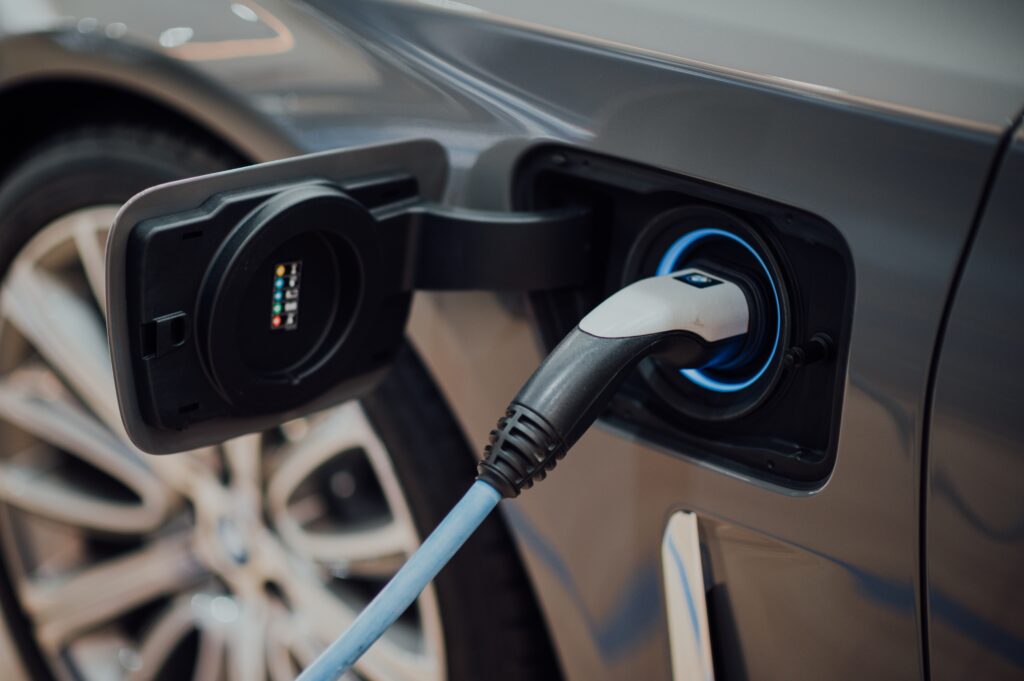Rishi Sunak has announced plans to water down Britain’s net zero commitments, pushing back the deadline for selling new combustion engine cars and the phasing out of gas boilers whilst removing requirements for landlords to make their properties energy efficient. With Britain grappling with the worst cost of living crisis for a generation, the PM claims that this will avoid passing the financial burden on to consumers but it is disappointing to see Britain relinquish its position as a genuine world leader in the sustainability sector.
The reaction has been mixed. Ford, Volkswagen, and the rest of the automotive industry have their heads in their hands. It was only in July that Jaguar Land Rover announced that Britain, not Spain, would be the destination for a new £4bn gigafactory, spurred on by Westminster’s prior legislative clarity. The energy sector has also been critical, EON boss Chris Norbury stating that the ‘green v cheap’ argument doesn’t exist and that curbing net zero targets to reduce the burden placed on consumers was a ‘false argument.’
Policy aside, what is more troubling is the weaponising of the climate agenda, Sunak ‘banning’ taxes on meat, air travel, and seven-bin recycling schemes. To readers’ surprise, none of these policies existed. As background, this can be traced back to July’s Uxbridge by-election where Labour lost an extremely winnable opportunity at the seat after the contest became a de facto referendum on Sadiq Khan’s ULEZ scheme.
Suitably inspired and now 17 points behind in the polls, this reversal on net zero commitments is the next step for a party trying to claw back points ahead of the election. In the interest of fairness, Sunak’s actions aren’t exactly unrepresentative. Polling indicates that whilst the electorate overwhelmingly supports Britain reaching net zero, sentiment quickly turns when that question delves deeper and hints at increased costs.
However, with the need to reach net zero evident, Downing Street’s comms machine should be working tirelessly to reframe the transition as an opportunity, not a sacrifice. With the renewable sector primed to deliver growth, jobs, and prosperity, the climate agenda has instead been subject to political point scoring, with the electorate more disillusioned with net zero by the day. Public education is desperately needed, yet unfortunately, the issue area now occupies a place in the Conservative’s culture wars arsenal, akin to the equally troubling ‘stop the boats’ mantra.
It’s indicative of the volatility of our politics that one by-election has led to a discrediting of the net zero agenda, the Tories emboldened to continue driving these wedge issues into the public domain. It is not the policy shifts that I find most alarming, more in which the way they are communicated. Regardless of your political leanings, when you occupy the top job you have a responsibility to present the facts accurately, and I believe Sunak is not far from overstepping the line.




